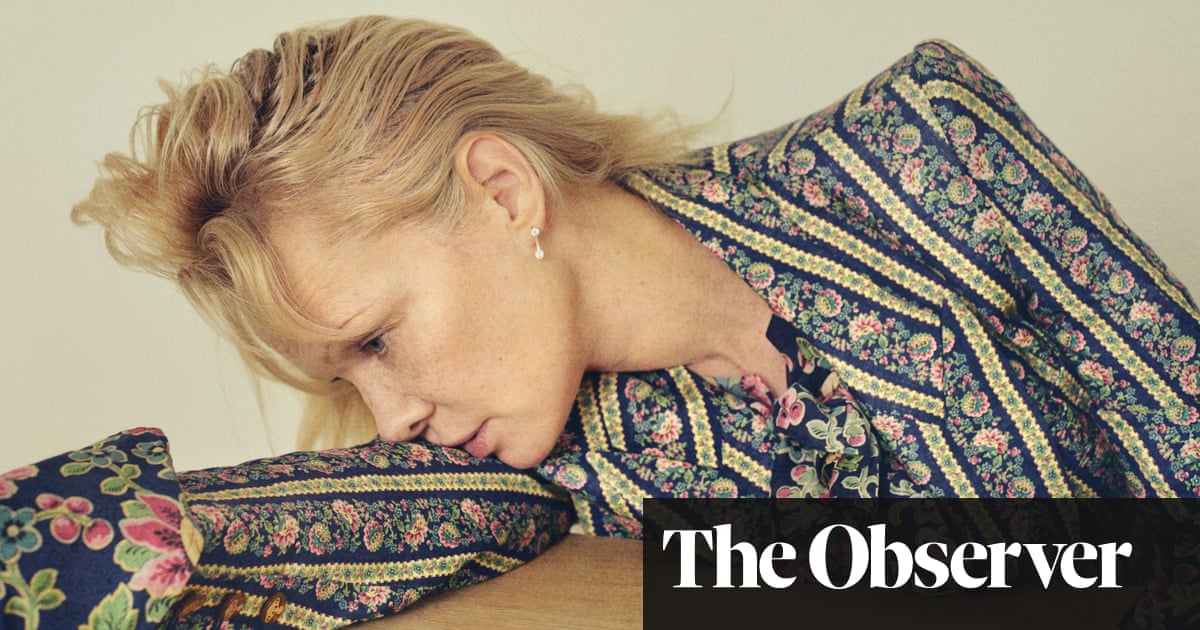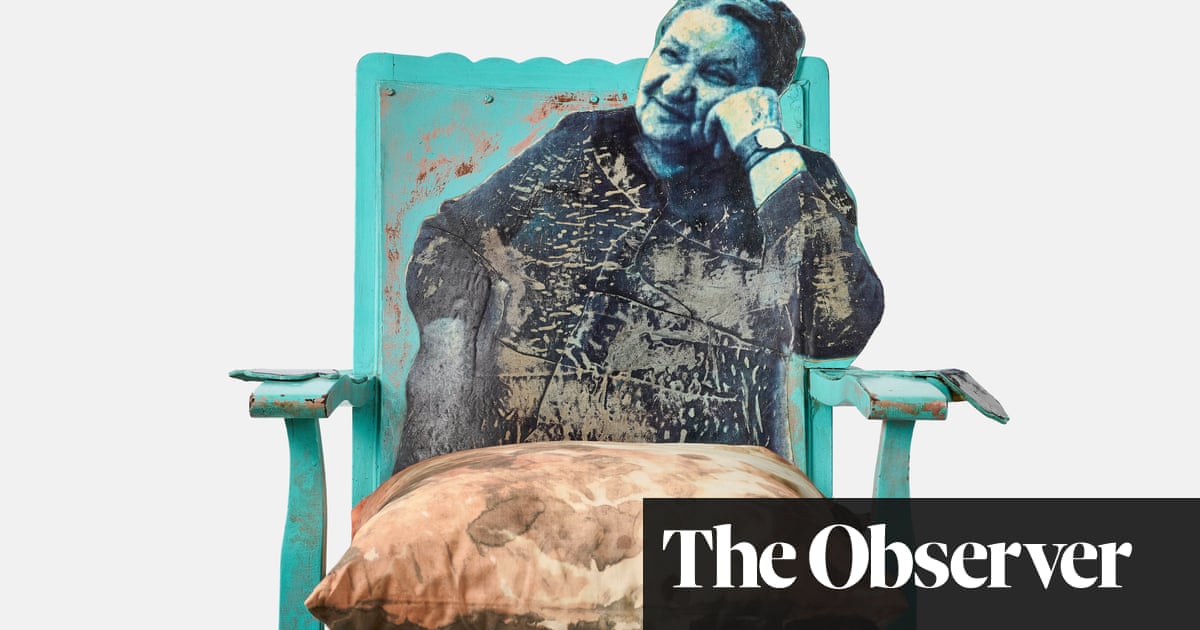Huda* and her family, including two younger siblings, were living in poverty in the province of Anbar, in western Iraq, when she received an offer of marriage from the mother of a man who lived in the same neighbourhood. It seemed too good to turn down.
It also seemed the best hope for Huda, then 17, to finish school and fulfil her dream of one day becoming a lawyer. The mother told her she would treat her like one of her own.
But after the wedding, things turned sour. Huda says her mother-in-law told her: “My daughters are studying and I need a girl to help me at home. I don’t want you to finish your studies. I need you at home.”
The marriage, in 2021, lasted just one year, during which time Huda says she was beaten and humiliated. Eventually, her husband divorced her and she returned to the family home.
Although Iraq has outlawed marriage under the age of 18 since the 1950s, with those wishing to marry from the age of 15 needing judicial approval, a UN survey found that 28% of girls in the country were married before they turned 18. Many leave school to marry, either forcibly or voluntarily.
Instead of tightening laws against underage marriage and helping girls from poorer backgrounds complete their education, a new law awaiting a final vote in the Iraqi parliament would allow the marriage of girls as young as nine.
Proposed amendments to Iraq’s Personal Status Law, which passed its second reading in the Iraqi parliament in September, would give religious authorities the power to decide on family affairs, including marriage, divorce and the care of children. If they go through, they will be tantamount to “legalising child rape”, say activists and MPs opposing the new law, and likely to lead to even more underage girls being married.
While marriage is presented to some underage girls as a chance to escape poverty, many of the marriages end in failure, bringing lifelong consequences for young women, including shame and a lack of opportunities because of unfinished schooling.
Kawthar Al-Mohammadawi, head of Soqya Foundation for Relief and Development, a women’s rights charity in Anbar province in western Iraq, says she already receives about 12 cases of failed marriages of girls every month, either because they were subjected to violence or were separated after marriages that lasted less than a year.
“Most teenage girls expect marriage to consist of a dowry, a white wedding dress, makeup and a fridge full of sweets. They sometimes get married without pressure from their parents, only to be shocked by reality.”
Activists say the move to legalise child marriage is as a deliberate attack on women’s rights and freedoms, after large numbers of young women took part in anti-government protests in Iraq in 2019.
“Iraq is heading towards becoming a version of the Taliban and Afghanistan,” says Ali Aziz, a human rights activist and journalist from al-Diwaniyah governorate.
“Islamist parties are mobilising public opinion and creating a kind of collective frenzy against freedoms. They are passing ideologies such as enslaving women, taking away their rights, tightening patriarchal guardianship over them, allowing underage marriage and so on.”

Aziz says many girls in Iraq are either coerced or enticed into marriage with promises of riches. “In our community, some fathers just want to get rid of their daughter, because she is an extra financial burden for him, and there is no economic benefit from her. He prefers to marry her off.
“[The child is told] you will have a mobile phone, you will wear makeup, you will have a man that will take you out and will buy you gold. So she drops out of school and gets married.”
For another girl, Athar*, from the province of Kirkuk in northern Iraq, marriage at 15 only lasted two days. She was beaten by her in-laws after failing to provide her new husband’s family with evidence of her virginity.
after newsletter promotion
The proof is demanded from some brides on their wedding night in the form of a cloth stained with blood resulting from the ripping of her hymen. In Anthar’s case, it hadn’t been possible as she discovered her husband had erectile dysfunction.
“I told them, ‘your son can’t do anything, it’s not my fault’, but they kept beating me,” says Athar, who returned to her parents’ home.
Athar, who left school age 10 because of the costs of stationery and travel to school, says marriage had been her hope of escaping poverty. “Hunger and poverty were destroying us. I wanted to get married, build a successful life and get rid of my poverty, but I failed.”
Raed al-Maliki, the Iraqi MP who proposed the amended law said it would give Iraqis the freedom to adhere to their personal status according to their religious beliefs and choices, as stipulated in the Iraqi constitution.
Opponents of the amended law say the constitution refers to the rights of men and women. Amnah Haidar, a lawyer, says: “The amendment gives the legal authority of marriage to the man, so how can we give the authority only to the man and confiscate it from the woman, which is her right according to the constitution?”
It is not only in rural and tribal communities that minors are married. Amira Hamid*, who works as a school principal in the capital, Baghdad, says there are about three marriages a year of 15- to 16-year-old girls at her school.
“I had an outstanding student and her father forced her to leave school to be married. When I asked her mother about the reason, she said her father and grandfather have a tribal custom of marrying young girls … the mother and the daughter were weeping,” says Hamid.
As for the fate of these girls, most of them take a leave of absence or drop out of school, says Aziz. The school does not know whether it is for marriage or something else, because most of them are ashamed to say that they got married.
* Names have been changed
Produced in collaboration with Jummar, an independent Iraqi media platform

 3 months ago
49
3 months ago
49













































